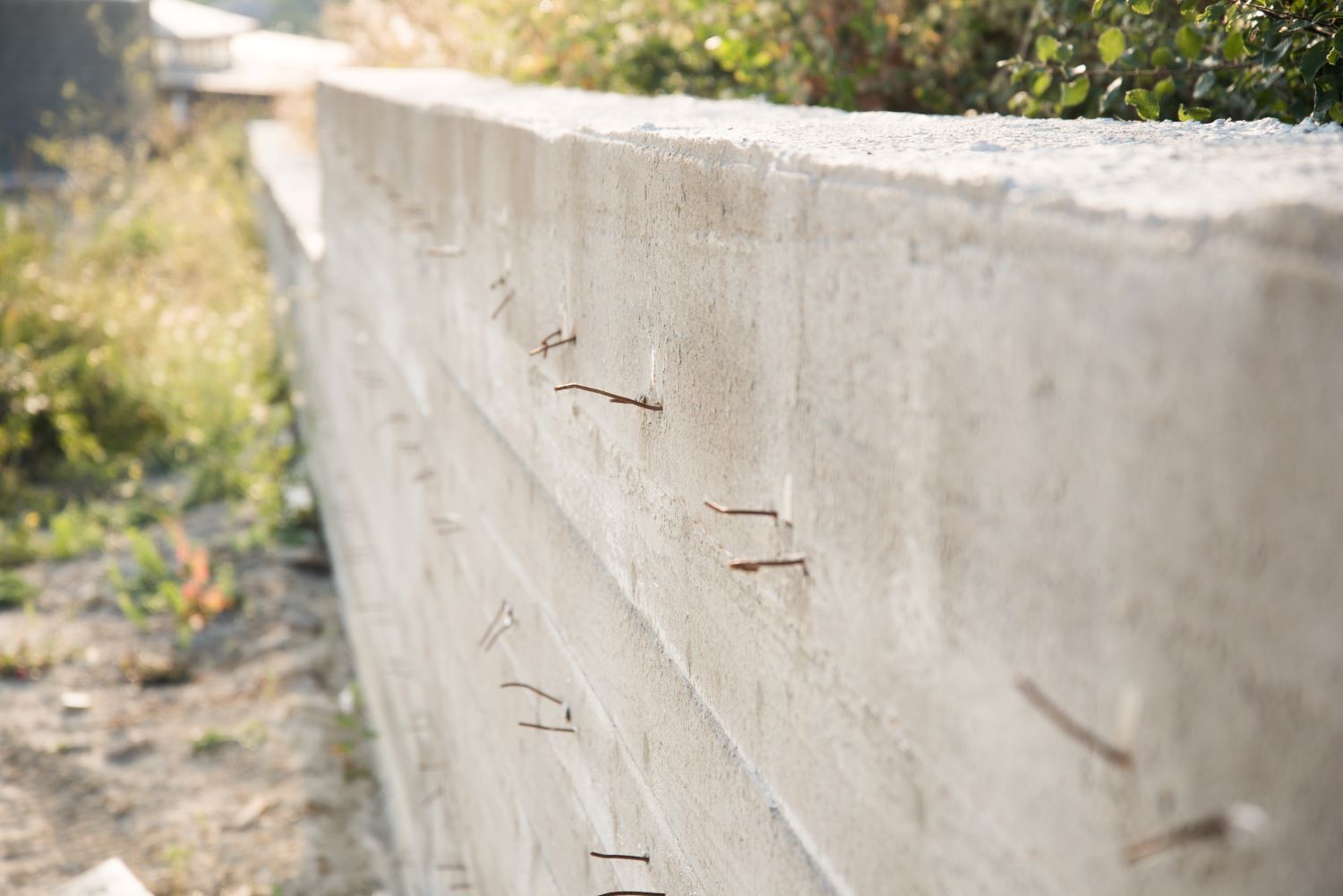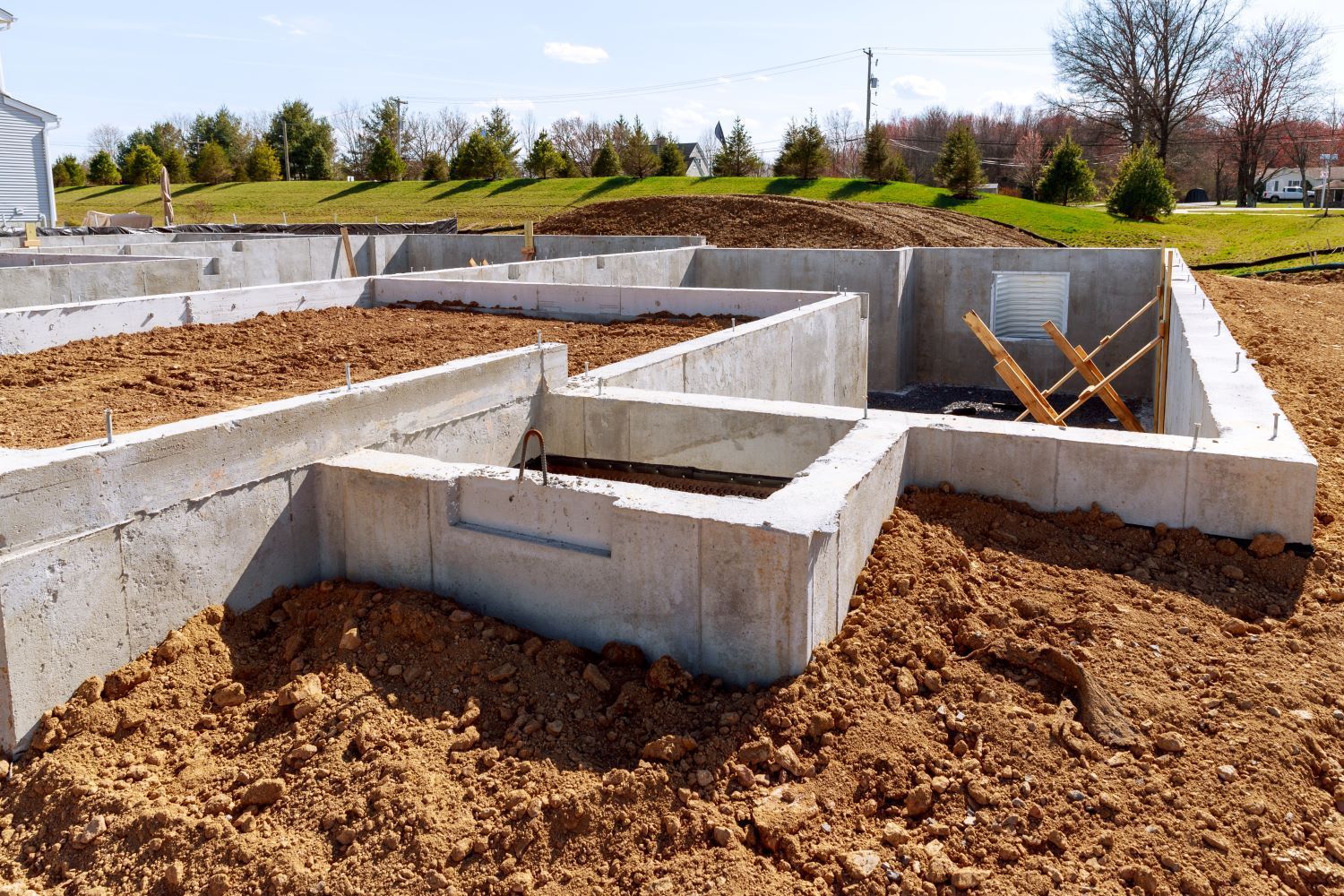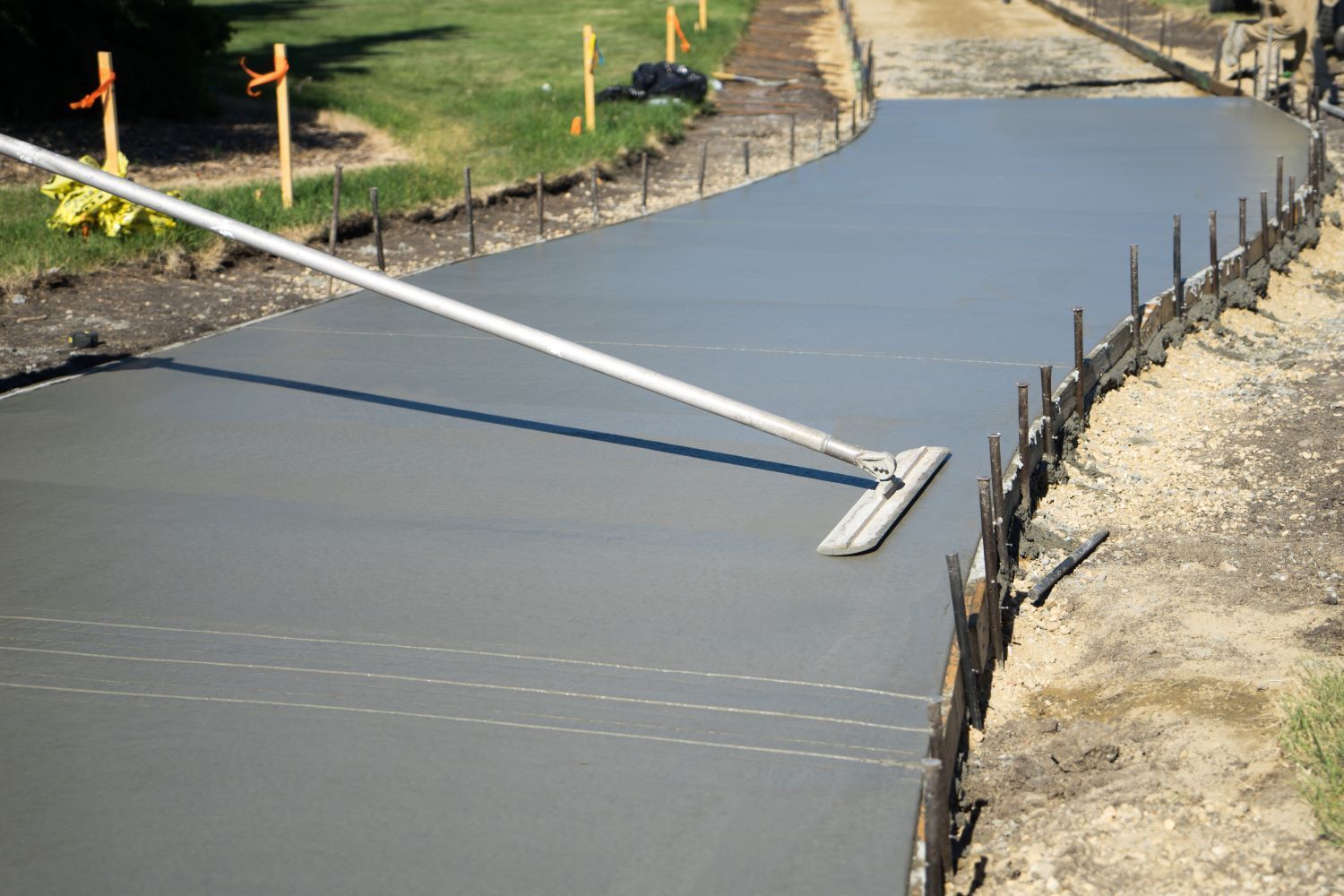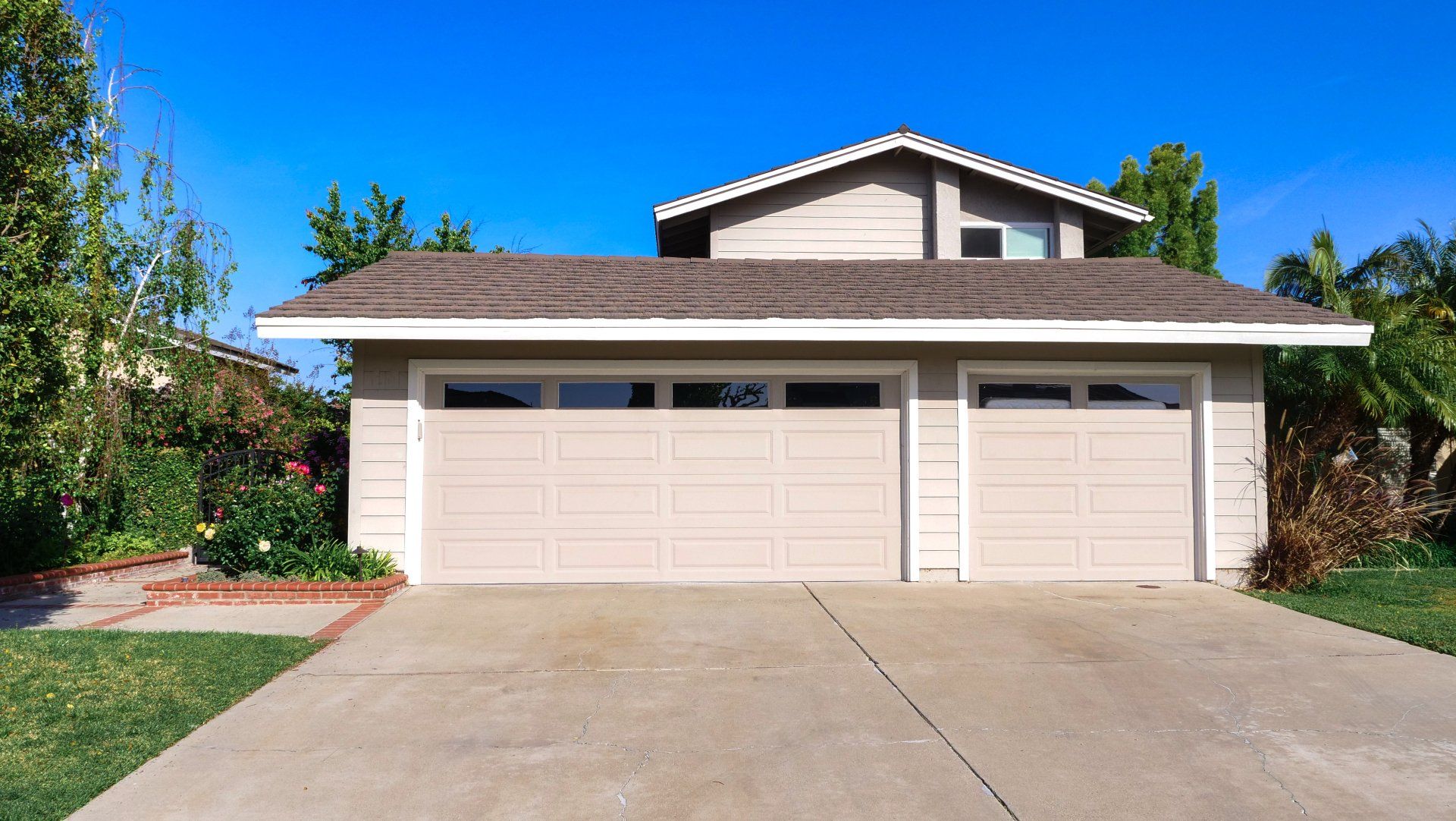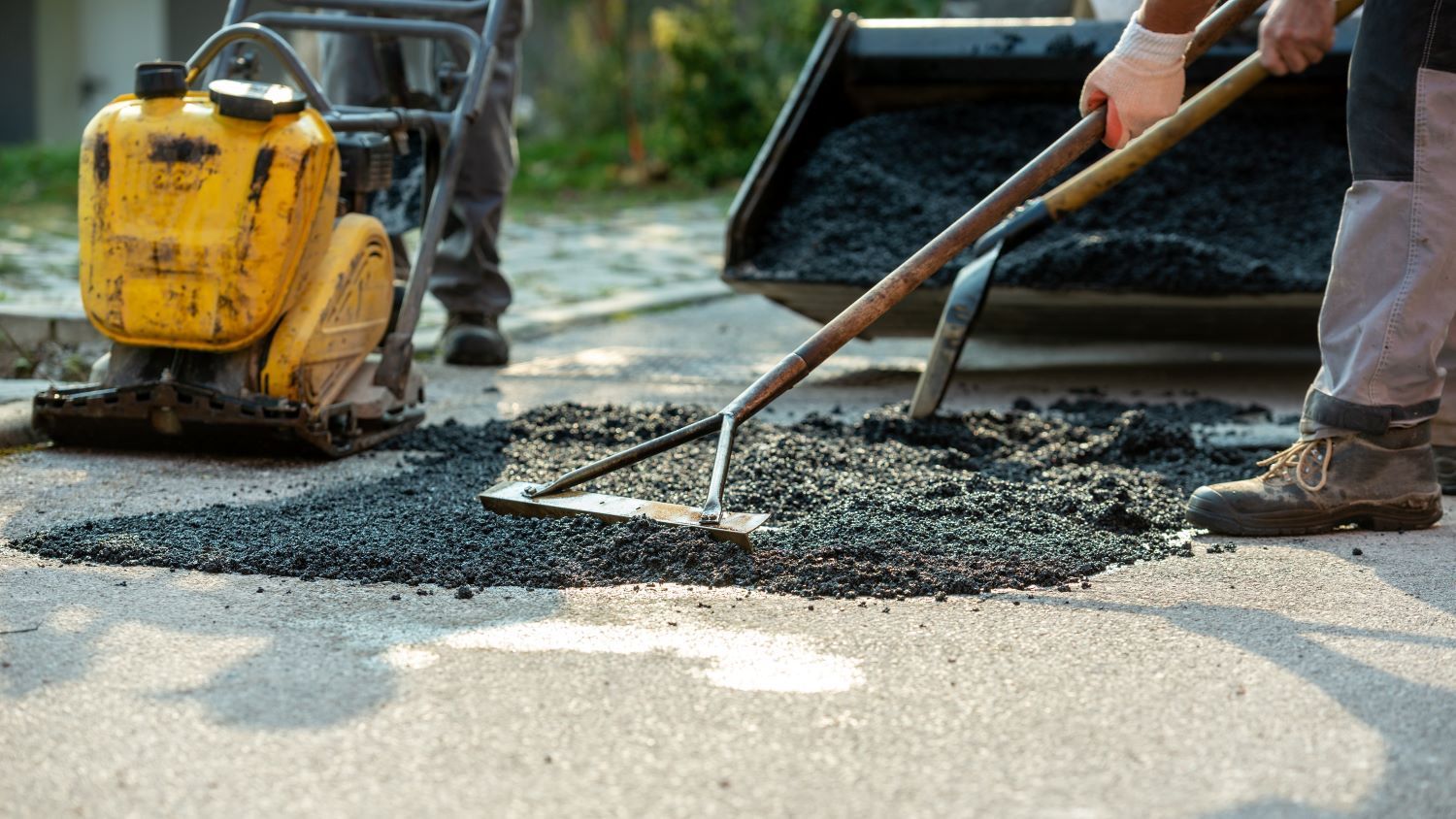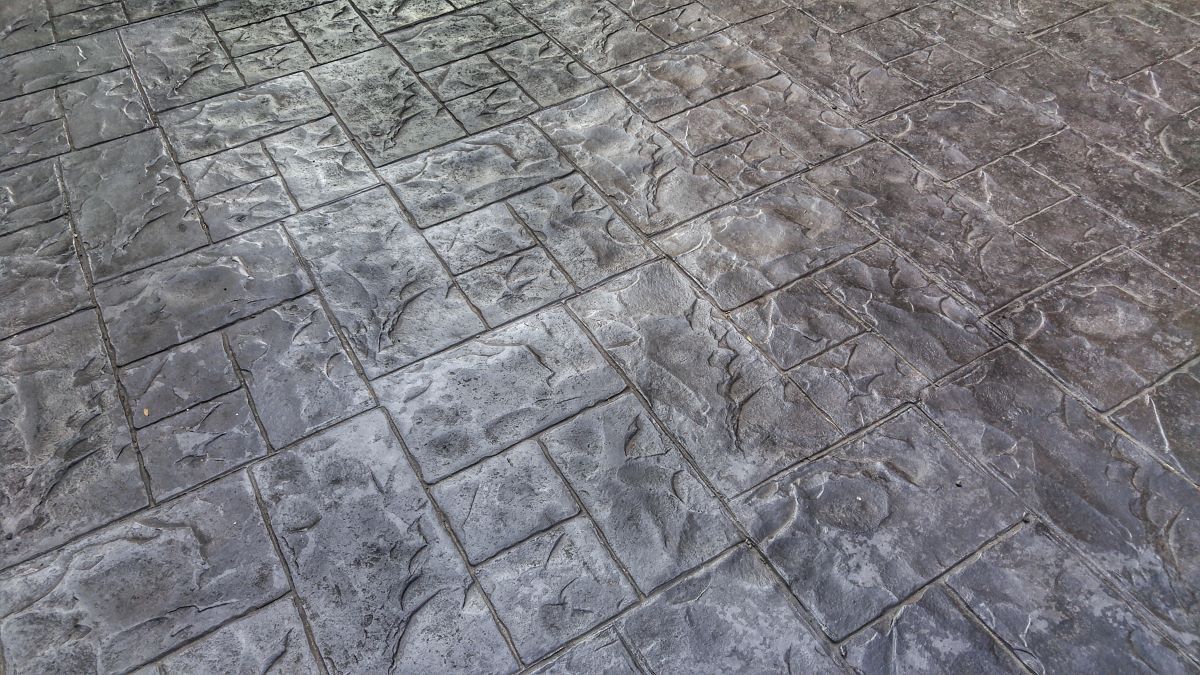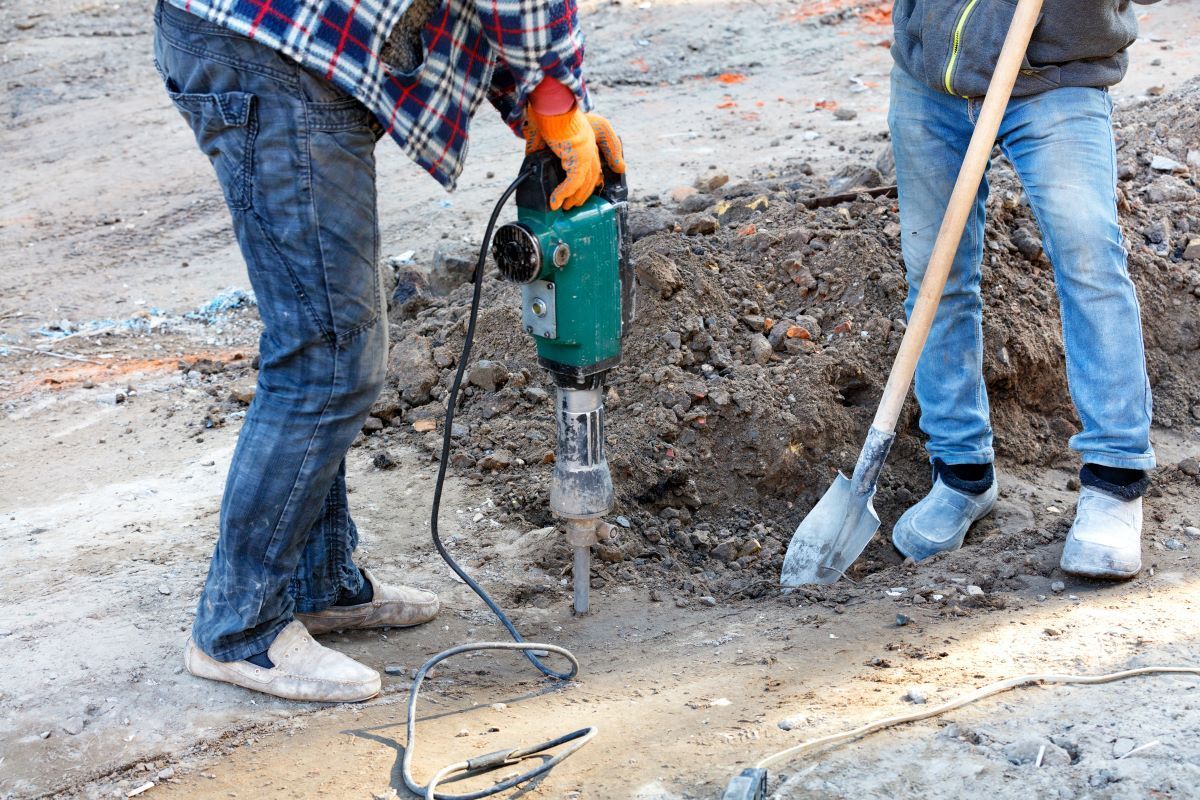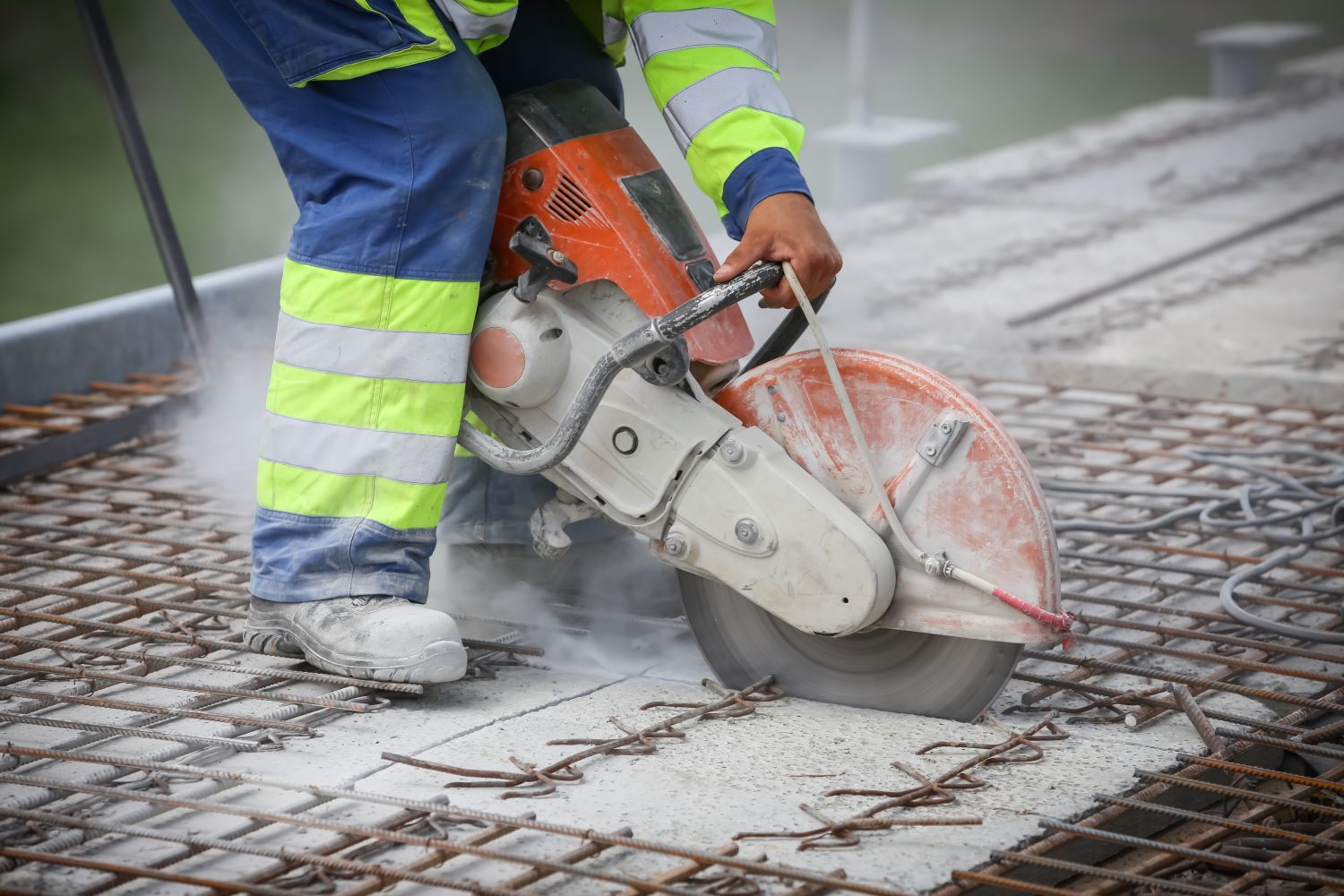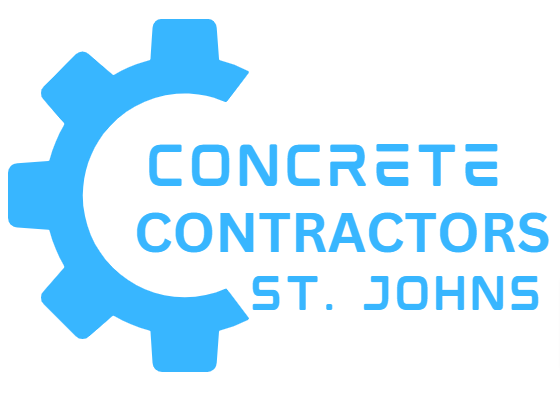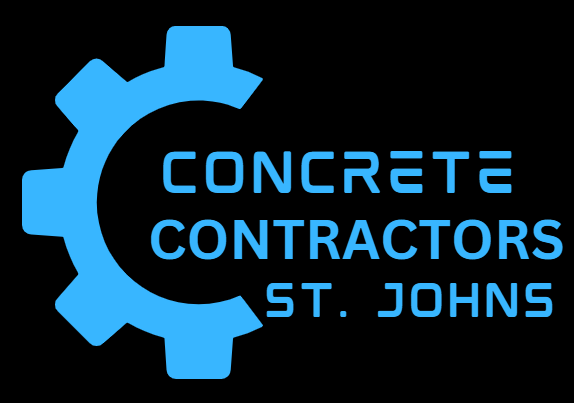Concrete Isn’t Maintenance-Free: Here’s What You Need to Know
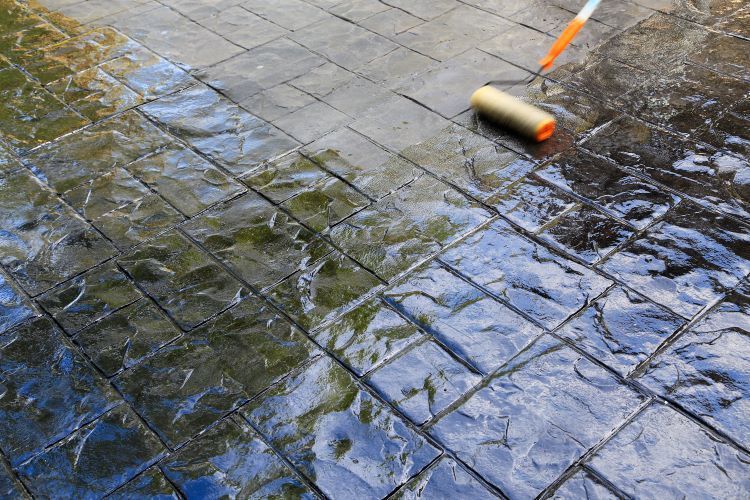
Concrete is strong, durable, and built to last—but that doesn’t mean you can set it and forget it. While it’s one of the most resilient building materials available, concrete still needs regular maintenance to perform at its best—especially in a place like St. John’s, Newfoundland, where coastal weather and freeze-thaw cycles take a toll on even the toughest surfaces.
At Concrete Contractor St. Johns, we often remind homeowners and property managers that routine maintenance is key to extending the life and appearance of driveways, patios, walkways, and foundations. In this article, we explain why concrete care matters, what to look out for, and how to protect your investment long-term.
🧱 Why Concrete Needs Maintenance
Concrete is porous and susceptible to water infiltration, cracking, and surface wear over time. Without proper upkeep, you may experience:
- Cracks that expand and worsen during winter
- Discoloration from salt, oil, and other stains
- Erosion or pitting caused by water or de-icers
- Moss and mildew buildup in damp, shaded areas
In climates like Newfoundland’s—where freezing temperatures, high humidity, and ocean air combine—your concrete surfaces are constantly exposed to the elements. That makes proactive maintenance essential.
🔍 Common Concrete Issues to Watch For
Keep an eye out for these early signs of trouble:
✅ Hairline Cracks
These are often cosmetic at first but can widen with moisture and freezing temperatures.
✅ Spalling (Surface Chipping)
A sign that water is penetrating the surface and the concrete is deteriorating.
✅ Stains from Oil, Rust, or De-Icers
Besides being unsightly, some stains can break down concrete over time.
✅ Sinking or Uneven Slabs
Often due to poor drainage or shifting ground, and a potential safety hazard.
🧰 How to Maintain Your Concrete the Right Way
1. Clean Regularly
Use a broom and mild detergent or pressure washer to remove dirt, debris, and mildew. This helps prevent staining and surface breakdown.
2. Seal Every 2–3 Years
Concrete sealers protect against moisture, salt, and stains. In Newfoundland, sealing is especially important before winter to prevent freeze-thaw damage.
3. Repair Cracks Promptly
Filling cracks early prevents water intrusion and structural damage. A small fix now can save you thousands later.
4. Avoid Harsh Chemicals
Steer clear of strong de-icers or acids. Use sand or eco-friendly de-icing products instead.
5. Ensure Proper Drainage
Make sure water flows away from your concrete surfaces to avoid pooling and erosion.
🏡 Maintenance for Different Surfaces
- Driveways: Seal regularly, avoid parking heavy equipment, and address oil spills quickly.
- Patios & Walkways: Keep surfaces clean and level to avoid tripping hazards.
- Foundations: Inspect for cracks, ensure gutters direct water away from the base.
- Decorative or Stamped Concrete: Use sealers that preserve the finish and colour.
💡 When to Call the Pros
If you notice extensive cracking, sinking, or signs of water damage, it’s best to contact a professional concrete contractor. At Concrete Contractor St. Johns, we can assess the issue and recommend long-lasting solutions—from crack repair and mudjacking to full resurfacing or replacement.
📞 Keep Your Concrete in Top Shape with Help from the Experts
Remember: concrete is durable, not indestructible. With regular care and professional support, you can extend its life, improve curb appeal, and avoid costly repairs.
If you have questions or want to schedule a maintenance check in St. John’s or surrounding areas, get in touch with Concrete Contractor St. Johns today. We’re proud to help local homeowners and businesses protect their property—one slab at a time.

